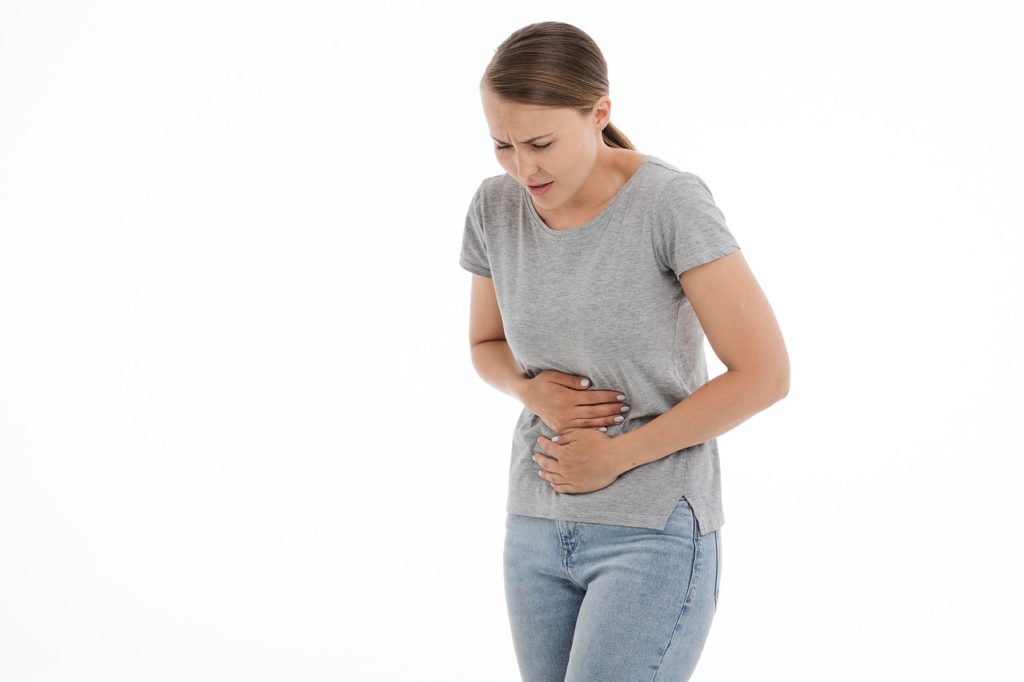Lee from Cypress, TX sent us this question: “Hi I’ve been having upper stomach issues for over 6 years now. I’ve had endoscopy and a 24-hour camera up my nose and barium meal which showed I’ve got esophageal spasm. My doctor put me on pill which numbs the spasm but I’m still struggling with upper bloating and pain as soon as I eat anything. I’ve noticed I’ve been like this since I was put on a PPI 40mg and notice since then I’m constantly choking on acid at night. I also have pain under my right rib cage and back every time I get this bloat to which my doctor says is normal with functional dyspepsia. What could this be could it be delayed stomach emptying due to the PPI? How can I come off them as when I’ve tried before I get terrible gastritis? Really could do with some help please”.
Dear Lee,
Choking on acid at night is a strong indicator of severe acid reflux disease. Gastroparesis or delayed gastric emptying may contribute to acid reflux disease and exacerbate acid reflux especially at night. Proton pump inhibitors, PPIs, may delay gastric emptying and cause bloating, and pain after eating. Esophageal spasm causes severe pain behind the breastbone that is not necessarily related to food intake.
Proper diagnosis of GERD related symptoms is crucial to guide effective therapy. Upper endoscopy and ambulatory esophageal pH testing are commonly offered at Houston and Heartburn Reflux Center before starting acid reflux treatment. If both tests are negative, then we start investigating other issues like gastroparesis. A 4-hour gastric emptying study is recommended when delayed gastric emptying is suspected. Esophageal spasm is diagnosed using esophageal manometry. Esophageal motility disorders are rare and typically associated with substernal chest pain and difficulty swallowing food. It is unlikely for you to suffer from esophageal spasm, GERD and gastroparesis at the same time. I recommend you consult with a competent acid reflux specialist to help elucidate your problem and alleviate your symptoms.

